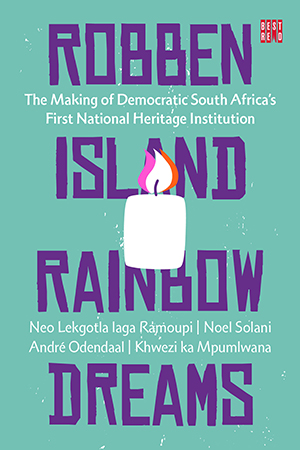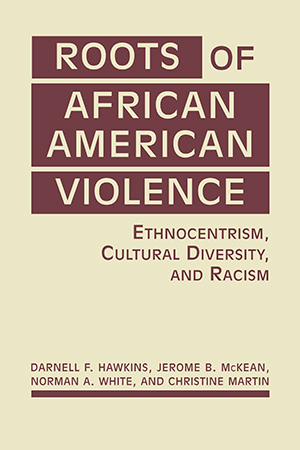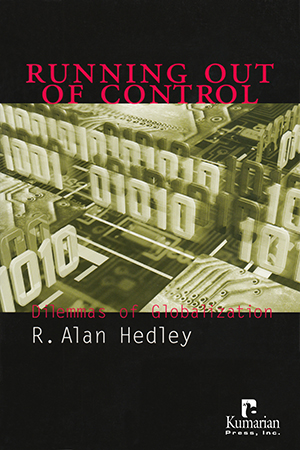BOOKS
Using El Salvador as an example of the UN's recent multidimensional peacekeeping operations, Johnstone explores the delicate balance between the potentially conflicting goals of peace More >
From the fourteenth century to the twenty-first, the passport has been one of the essential means of identification—and control—of peoples in the international system. Despite More >
Rights-Based Approaches to Development explores the impact of the shift from a market-based to a rights-based framework for development efforts. Drawing on their own experiences, the More >
Drawing on case histories of emergency relief programs that have successfully promoted development, Anderson and Woodrow offer guidelines for fashioning assistance programs designed to More >
Conflict is dramatic. In theater, literature, story telling, and news reporting, it is a powerful mechanism that draws attention, heightens the senses and evokes emotion. Schirch argues that More >
An assassination, the election of a new prime minister, and a fresh round of Palestinian unrest have highlighted the ongoing tensions between religious and secular Israeli Jews. Among the More >
Oyono’s third novel is the bittersweet, first-person story of Aki Barnabas, a young Cameroonian scholar who seeks to become “someone” by using the rules of the colonial More >
Following the birth of democracy in South Africa in 1994, Robben Island, once a symbol of pain, injustice, and closed spaces, became a UNESCO World Heritage Site and a global symbol of the More >
What explains the well-documented racial disparities in rates of homicide and other acts of criminal violence in the United States? Critically confronting the conventional narratives that More >
Alan Hedley argues that, although for centuries technological innovation allowed humanity to gain increasing control over its fate, the trajectory of that control is now—due to More >


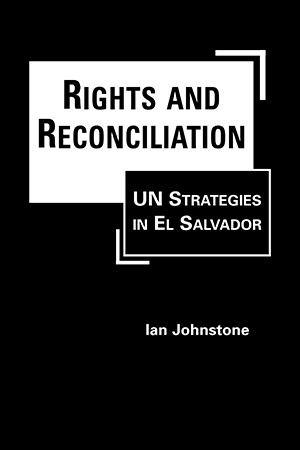
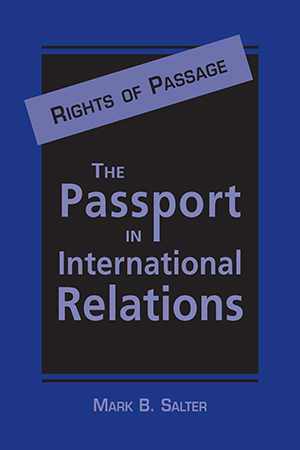
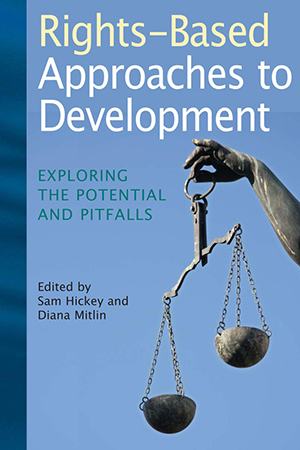
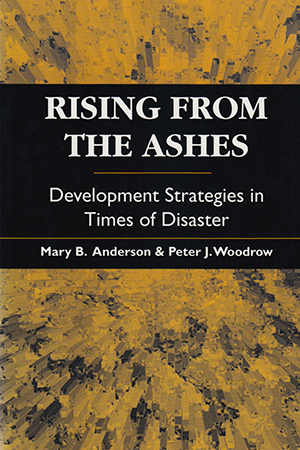
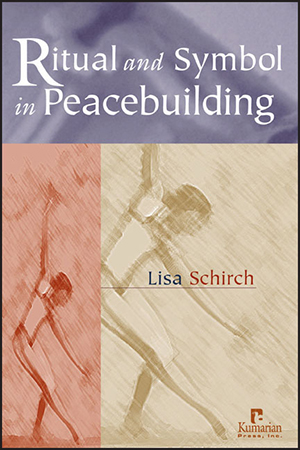
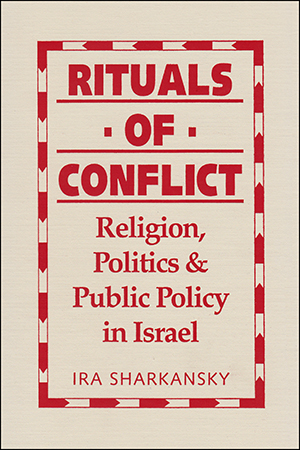
![Road to Europe [ a novel]](/imgs/cover-unavailable.jpg)
